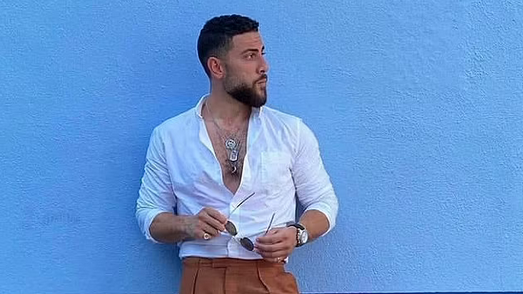What vitamins help with fatty liver disease? This short article provides you with information about the vitamins that can help with fatty liver disease.
Fatty liver disease (also
called liver steatosis) is a condition in which fat deposits in the liver cells
accumulate.
There are two types of
liver disease: nonalcoholic fatty liver disease (NAFLD) and Alcoholicfoamy degeneration (AFD). Both can be treated with vitamins and dietary
changes.
Vitamin E
Vitamin
E is the most studied vitamin for treating fatty liver disease, especially in
NAFLD. Vitamin E is an antioxidant that protects liver cells from free radical
damage.
RELATED: What Are The Vitamin D COPD Risk
Vitamin E helps reduce liver inflammation
and improves liver enzymes in some people with NAFLD, but not everyone who has
NAFLD can benefit from vitamin E, and supplementation should only be done under
the supervision of a healthcare professional.
Vitamin D
Vitamin
D plays an important role in health and may also play a role in the treatment
of fatty liver disease.
While
some studies have suggested that people with NAFLD might have lower vitamin D
levels, others have suggested that vitamin D supplementation may improve liver
function and decrease inflammation.
RELATED: How Long Can We Take Multivitamins?
More research is needed to make a
definitive connection between vitamin D deficiency and fatty liver disease.
Vitamin C
Vitamin C helps protect your liver cells
from damage caused by oxidative stress. Unfortunately, there's not a lot of
research done specifically on vitamin C and fatty liver, but it's an important
nutrient for good liver health and you can get it from eating lots of fruits
and veggies.
B Vitamins
B vitamins play a big part in keeping your liver healthy. They're responsible for things like making your liver healthy, like methylation which helps your liver detoxify. Eating foods like lean meat, fish, green veggies, and fortified cereal can help you get all the B vitamins you need.
RELATED: Can Vitamin D Increase Estrogen In Males?
Omega-3 Fatty Acids
While omega-3s are not a vitamin, they have been shown in some studies to reduce liver fat and inflammation.
Omega-3 fatty acids are usually found in
fish oil or fatty fish like salmon. Omega-3s have anti-inflammatory benefits
and may help with NAFLD or AFLD.
Vitamin K
Vitamin K helps with blood clotting. It also plays a part in
liver function. You can find vitamin K in green leafy vegetables like broccoli,
spinach, and kale.
These vitamins and dietary supplements may be helpful for
people with fatty liver, but they are not effective on their own.
RELATED: How Can You Tell If You Are B12 Deficient?
It is important to remember that lifestyle changes, such as
eating a healthy diet, managing your weight, exercising regularly, and avoiding
alcohol (in AFLD) are essential for managing this condition.
It is important to always consult with your doctor or
gastroenterologist before beginning any new vitamin or supplement regimens for
fatty liver disease or any medical condition.
Your doctor can evaluate your condition, recommend
supplements (if necessary), and provide you with personalized advice based on
your health and needs.
Taking vitamins and supplements on your own can be
dangerous, so always consult your doctor.







